Agency owners are constantly seeking an edge to outperform and deliver exceptional value to their clients. While technical skills, creativity, and strategic acumen are table stakes, the secret sauce to enduring success often lies in a less tangible, yet equally critical area: emotional intelligence (EI).
Soft skills, such as patience, emotional intelligence, and empathy, are not innate gifts but abilities that can be cultivated over time. They play a pivotal role in enhancing how one communicates, leads, and solves problems within the fast-paced environment of a marketing agency. As the business world evolves, the ability to connect with clients and team members on a deeper level becomes increasingly crucial. These skills complement hard skills, enriching an individual's professional profile and elevating their capability to network and seek employment opportunities successfully.
Hard skills are quantifiable and typically acquired through formal education or specific training; they are the technical abilities required to perform job-related tasks. For instance, a digital marketer might need proficiency in SEO tools and analytics, which are measurable and teachable. In contrast, soft skills are the interpersonal and behavioral skills essential for effective communication, teamwork, and problem-solving. These include emotional intelligence, adaptability, and leadership—qualities that enable individuals to work well in teams and lead projects successfully. While hard skills may get someone in the door, soft skills are what make them a valuable, long-term asset to your agency. Prioritizing both in your hiring and development processes can significantly enhance your team's performance and your agency's success.
Emotional intelligence, the ability to understand, use, and manage our own emotions in positive ways to relieve stress, communicate effectively, empathize with others, overcome challenges, and defuse conflict, is paramount in the fast-paced, high-stakes environment of a marketing agency. Here's why it's a non-negotiable for agency owners and how to cultivate it in seven strategic steps:
Self-awareness: The foundation of EI is self-awareness. Understand your emotional triggers, strengths, and weaknesses. Reflect on how your mood influences your team and client interactions. Agency leaders who master self-awareness can navigate the complexities of business dynamics more adeptly.
Self-regulation: Once aware, the next step is to control and redirect disruptive impulses and moods. It’s about practicing patience and thinking before acting. In an agency setting, this means managing stress in high-pressure situations without it affecting your team's morale or client satisfaction.
Motivation: High EI leaders are driven to achieve beyond expectations, not just for external rewards but for inner fulfillment. This intrinsic motivation is contagious, inspiring your team to push creative boundaries and deliver innovative solutions to clients.
Empathy: Understanding and sharing the feelings of another is critical in an agency, where teamwork and client relationships are key. Empathetic leaders foster a supportive environment, enabling more effective collaboration and client engagement.
Social skills: Good social skills are vital for managing teams and building strong relationships with clients and partners. It encompasses effective communication, conflict resolution, and the ability to persuade and influence positively.
Practice active listening: In the hustle of agency life, truly listening to your team and clients can make a significant difference. Active listening builds trust, uncovers hidden insights, and strengthens relationships.
Encourage feedback: Embrace and encourage honest feedback, both giving and receiving. It’s crucial for personal growth, team improvement, and enhancing client relationships.
Implementing these steps not only enhances your leadership qualities but also sets a strong emotional culture within your agency. This culture becomes your brand's backbone, influencing every interaction with your team and clients, ultimately driving better business outcomes.
In an industry that thrives on creativity and innovation, a high emotional quotient (EQ) enables marketing agency owners to lead with compassion, drive, and understanding, navigating the ever-evolving challenges with resilience and grace. By prioritizing emotional intelligence in your leadership toolkit, you're not just investing in personal development but in the sustainable success of your agency.
Remember, improving emotional intelligence is a journey, not a destination. It requires continuous effort and commitment. Start today, and watch how it transforms your agency from the inside out.
If you want to take your agency to the next level, connect with us today.

